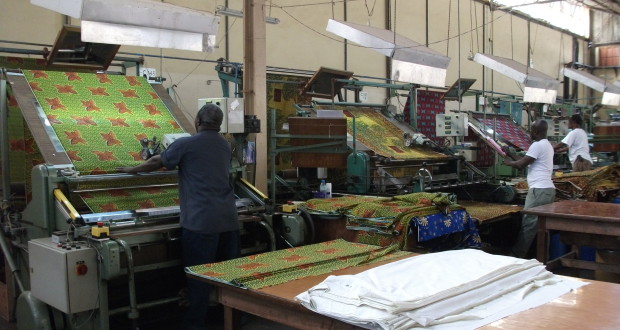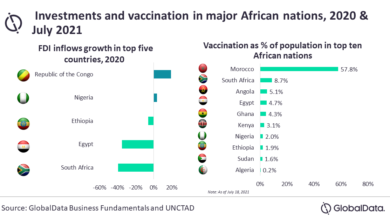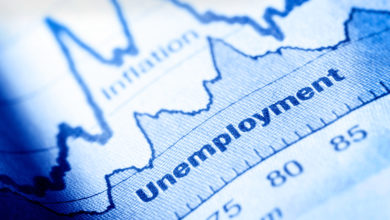
Local manufacturers have said tax waivers on imports and special projects, as well as waivers for the extractives sector, are undercutting them and making the operating environment a lot tougher for them.
Besides, they argue, government is shooting itself in the foot by continuously granting tax waivers to importers who, they claim, are also engaged in under-invoicing or under-declaration of their goods.
To square things up, they argue, government would have to extend similar waivers to local manufacturers, who are the job creators for the economy.
“If government wants us to grow, then local manufacturers must also benefit from waivers,” Business Development Manager for Nexans Kabelmetal Ghana Limited, Kingsley Letsa, told the B&FT in an interview.
“85percent of the cable is the metal, which is either copper or aluminium, and the price of this is internationally determined, just like gold. Therefore, if 85percent of the cost is standardised, how come somebody is able to import and sell cable here 40-60percent cheaper?
There are two issues: either the copper purity is not up to scratch or there is an abuse of the exemption regime. There are certain projects where you can apply to the authorities and you will be given exemptions to import some products.
Meanwhile, some of these products are made locally and local manufacturers pay duty on raw materials but the mines can import products like cable without duty. So, why should they buy from me? I pay duty on my raw materials,” he lamented.
Despite an increase in investment in the industrial sector which led to a growth of 17.7percent in 2017 alone, the data shows manufacturing’s growth has been dwindling whilst other industrial sectors are seeing growth.
In 2010, the manufacturing subsector grew by 10.2percent but that growth dwindled to a low of 2.2percent, 2.7percent, and 3.1percent in 2015, 2016 and 2017 respectively.
Manufacturing is expected to grow by 4.6percent in 2018, although industry, in general, is expected to reach 9.4percent, on the back of robust growth in oil and gas, mining and quarrying.
Too much importation, with its associated tax waivers and under-invoicing, is a major bane of local manufacturers, who have the potential to aggressively create jobs and develop the economy, Kingsley Letsa said.
“Countries such as Malaysia and China grew their industries through deliberate policies. There are some products you cannot import in China; it is reserved for Chinese manufacturers. But in this country, competition comes from all sorts of people and products,” he said.
“Whether there is a substitute made locally or not, one is allowed to import and most importers have waivers and, even though I do not have evidence to back this, some importers under-invoice their products, thereby cheating the government,” he noted.
Katey Cabutey-Adodoadji is CEO of Steelcore Technologies, a steel manufacturer, and he argues, also, that despite the zeal to industrialise the economy, the lack of a coherent roadmap to industrialisation could derail any progress made.
“As a country, at this particular point in our history, if we want to grow we need to sit and understand how it has to go. We talk about 1D1F but we do not have the machinery to support the establishment of these factories.
There must be a policy and strategy put in place so that the industrialisation drive does not grow as the wind carries it. It is not in the interest of the west to see Ghana industrialise because we will stop buying machinery from them. There should be a policy that forces people to come and build some of the machinery here in Ghana.”
Local players, he said, should be given the waivers instead of foreigners. “So, contractors should be directed to buy from the local manufacturers. We should plug all those leakages so that money stays here and revolve before it goes out.”
Tax exemptions granted to businesses in general in 2013 amounted to GH¢2.9billion; GH¢3.2billion in 2014; GH¢4.5billion in 2015; and GH¢4billion in 2016, according to data from the Ghana Revenue Authority and GCNet.
A 2015 report titled ‘The West African Giveaway: Use and Abuse of Corporate Tax Incentives in ECOWAS’, authored by ActionAid International and Tax Justice Network-Africa, states that tax waivers, mainly granted to foreign companies, cost the economy about US$2.27billion every year.
By Bernard Yaw Ashiadey, thebftonline.com




